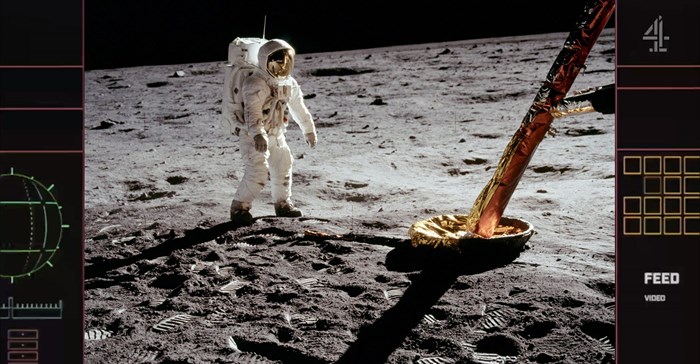
Top stories




Starting at 14.31 BST on 16th July 2019, exactly 50 years after Apollo 11 left the Kennedy Space Center in Florida, the livestream will continue for the six-day journey to the moon’s orbit and subsequent moon landing and exploration. The livestream ends once the astronauts leave the moon on 21st July.
Using the un-edited audio feed between astronauts and mission control as the narrative backbone, Little Dot Studios have reconstructed the Apollo 11 mission with a minute-by-minute livestream that will play out in real time, 24 hours a day, on Channel 4’s YouTube channel and Facebook page from one minute prior to blast off. Not only does this fully bring to life the magnitude of the mission undertaken by the astronauts but it also translates into 124 hours of broadcast material.
The livestream will be visualised with archive Nasa footage and still images taken by the Apollo 11 crew, as well as specially-created graphics and reconstruction as needed to bring to life the story of the mission from the crew’s perspective.
Starting at 14.31 BST on 16th July 2019, exactly 50 years after Apollo 11 left the Kennedy Space Center in Florida, the livestream will continue for the six-day journey to the moon’s orbit and subsequent moon landing and exploration. The livestream ends once the astronauts leave the moon on 21st July.
Tom Hemsley, creative director from Little Dot Studios comments:
It took six days to get to the Moon and we’ve never been able to appreciate that duration or sense the astronauts’ isolation in a single clip or edited TV documentary. In building the story as a continuous livestream that you can’t pause or skip through, I’d like to think we get a little bit closer to how it might have felt to watch the mission on television in 1969.